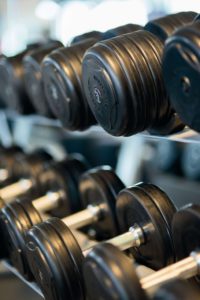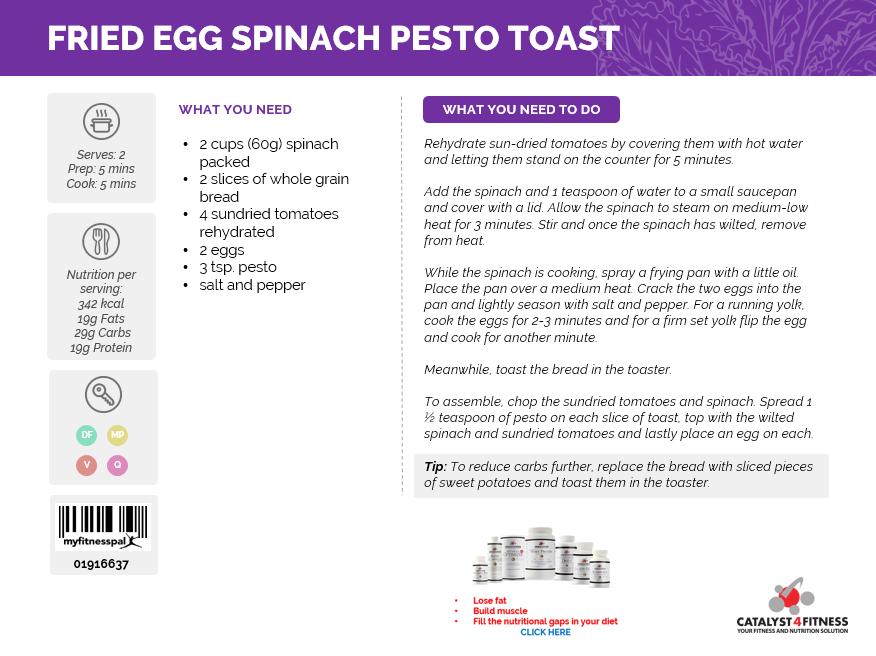Lessons Learned in the Gym
The lessons learned in the gym I want to share are not the expected ones. They aren’t the weight I can squat or bench.

Or that I like free weights more than machines.
Or that I prefer high intensity interval training over steady cardio.
Or that I enjoy training alone instead of with a partner.
These are all reasonable assumptions. But while these answers are important on one level, none are quite as important as the message I want to share with you.
What Lessions Have I Learned About Myself?
Instead, I want to tell you about the mental fortitude and the self-awareness that occurs from going to the gym.
I learned about
- discipline. Choosing to consistently go the gym and not being swayed by friends (“Come to happy hour”), by the cold, snowy weather where it would be easier and warmer to stay inside, or by having a “bad day” and just not feeling like going
- prioritizing. Similar to discipline, it’s evident by making working out a part of my life, not an afterthought. It is a priority
- motivation. I train by myself. I’m not accountable to a partner. So it really boils down to me. No one other than me will know if I work out, but that’s enough. I will know. I will not let myself down
- work ethic. Beyond just going to the gym – do I finish all of my sets? Do I push myself to eke out one more rep? Do I refrain from chatting with others and instead stay true to my plan, including the rest time in between sets?
- ego. I am competitive. I want to be the best. But I’ve learned that constantly comparing myself to others is a bad idea. I’ve accepted that some people are stronger than me. Some are more muscular than me. Someone can perform squats lower than me. Someone else can bench press more weight than me. Instead of comparing, I become motivated
- humility. See ego, above
Being Smart
- the importance of preparation. Exercising early in the morning is easier when I prepare my clothes the night before. Setting everything out – shirt, sports bra, shorts, sweat pants and long sleeve shirt if needed (think ahead!), socks, shoes, pre-workout drink, recovery drink, headphones. Time is valuable and every minute saved in the morning translates to one more minute of sleep
- if I’m training later in the day, I pack my gym bag the night before with these items and stow it near the garage door so I’ll be sure to carry it to my car. I no longer store it in my car the night before because when it is cold outside, I quickly and painfully learned that I end up putting on the coldest most uncomfortable clothes I have ever worn. BRRR!
- prepping my meals for the day – lunch, protein bar or shake, and other meals to carry me through, as well as an extra bar or scoop of protein just in case I don’t have time to eat my planned meal or if I’m out later than expected. Like the Boy Scouts say – “Be prepared.”
- muscle soreness does not mean I worked hard. Yes, we all love to feel a little sore because we think it tells us that we worked hard but it isn’t that straight forward. For example, if you live in a climate with seasonal changes, when Spring comes and you work in your garden for the first time in months – raking dead leaves, crawling on your hands and knees to clear out under bushes, etc. – you will likely be sore the next day. Does this mean you worked hard and are building muscle? Not likely. In the gym, you know if you worked hard
- soreness and discomfort are different than pain. If an exercise is hard, keep pushing. If an exercise hurts, stop. Big difference
- to be a role model in the gym by respecting the equipment. It isn’t a toy and it isn’t meant to be thrown down or left out in the middle of the floor when no longer in use
- however much I think I know, there is always more to learn. Don’t be stagnant. Others will surpass you
- assumptions are bad. The guy with a smokin’ hot physique may not know how to lift properly. He could just have good genetics
- the soft-looking, overweight woman who is using really light weights may have perfect form and most people would do well to emulate her
- I have a choice on how I respond to injury. I can pout and mope, or I can find a way to train the other parts of my body.
Being Realistic
- sleep is not overrated. As a kid, I never wanted to take a nap. I viewed it as a punishment. However as an adult I embrace naps. Rest and recovery are essential to our bodies operating at their peak levels. Take naps. Sleep at least 7 hours a night and try to go to bed and wake at about the same time every day
- rest and recovery are important. Scratch that. They are really important. If my body can’t recover from workouts, my progress is much slower or perhaps even stalls. I’ll be more likely to become injured or sick too
- taking a rest day is okay. In fact, I strongly recommend it. It is difficult to push 100% every day, week after week, month after month, if I don’t allow my body to properly recover
- to listen to my body. If I’m feeling a little weak, I can decrease the amount I’m lifting and increase the rep count. If I’m feeling strong, I can lift heavier or decrease the rest time in between sets
- to have fun. Training can be hard and I might curse a lot. Some days I probably sweat a lot. And I’m sure there are days I don’t smell as fragrant as I could at the end of my workout (yes, I admit this). But afterward, I feel good. I feel accomplished. I feel proud. I can’t wait to do it again
- correct form is more meaningful quantity. Performing ten proper push ups will benefit you more than finishing 50 with bad form
- often times when I hit a brick wall, if I can just push through it, I’ll be rewarded with my second wind
- competition is good. It pushes me to work harder
- setting a goal also helps push me. This goal can be a large, long-term goal or a short-term goal. Maintenance can be another goal. Always pushing can be hard physically and mentally. Celebrating successes along the way makes it easier
- however long I think it will take to reach my goal, I should multiply it by 2 or maybe even three. This new number is realistic. If I reach it quicker, then congratulations to me – I’ve just over-delivered
- to make decisions with my goal in mind. I strive for perfection but know that consistency is key. No one is perfect. The sooner I accepted this, the quicker I started to move toward reaching my goal
- nutrition is crucial. Without it, I can’t perform well when I train. And I can’t recover as quickly as I want to
- motivation is different for everyone, and it can change as we age. As a 20 year old I was motivated by different factors than I am now
- to accept support from those who truly want me to succeed
- to distance myself from those who intentionally or subconsciously sabotage me
- if I don’t respect my body and myself, how can I expect anyone else to?
Health is a Gift
Possibly most importantly, I learned that health is a gift and we shouldn’t ever take it for granted.
Every situation you are in gives you the opportunity to learn. Training at the gym is no exception. What have lessons learned in the gym do you want to share?

